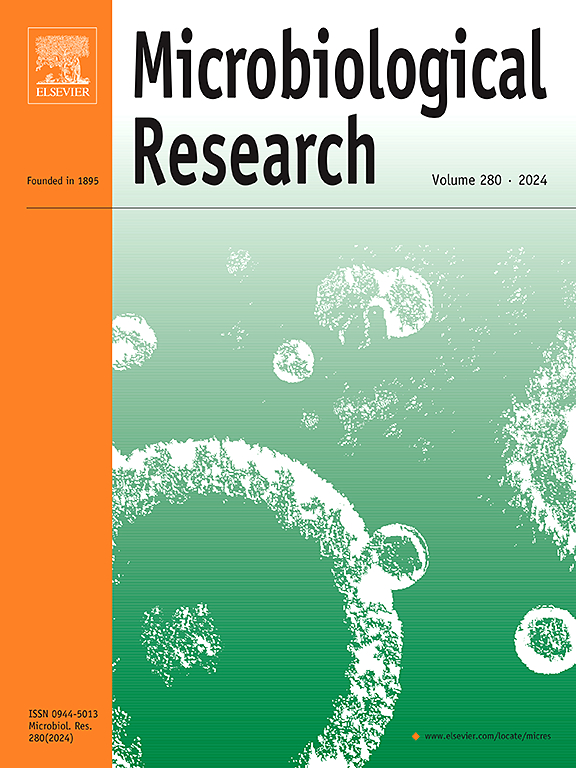噬菌体疗法:一种对抗耐药病原体的新方法
IF 6.9
1区 生物学
Q1 MICROBIOLOGY
引用次数: 0
摘要
抗生素耐药感染,例如由过度使用抗生素引起的感染,给医疗保健系统带来了极大的压力。其中,耐药菌ESKAPE(粪肠球菌、金黄色葡萄球菌、肺炎克雷伯菌、鲍曼不动杆菌、铜绿假单胞菌和肠杆菌种)较为典型和常见。粪肠球菌和大肠杆菌同样值得关注。这些病原体往往比相同菌株具有更高的致病性,耐药性减少了治疗选择,因此需要新的治疗方案来解决这些病原体。本文综述了近年来噬菌体治疗在人体各部位(如酒精性肝病、皮肤和软组织、呼吸道、胃肠道、泌尿系统等)细菌感染的相关研究,以更好地了解噬菌体治疗作为一种非抗生素治疗耐药菌感染的潜在作用。此外,本文还介绍了噬菌体治疗的一系列相关产品,并指出了噬菌体治疗在临床应用中的潜在研究方向。本文阐述了一些耐药菌感染人的基本机制以及噬菌体治疗耐药菌的治疗效果。推广了对噬菌体治疗的认识,为噬菌体治疗耐药细菌感染的研究提供了参考。本文章由计算机程序翻译,如有差异,请以英文原文为准。
Phage therapy: A novel approach to combat drug-resistant pathogens
Antibiotic-resistant infections, such as those caused by the overuse of antibiotics, have greatly strained healthcare systems. Among them, drug-resistant bacteria ESKAPE (Enterococcus faecium, Staphylococcus aureus, Klebsiella pneumoniae, Acinetobacter baumannii, Pseudomonas aeruginosa, and Enterobacter species) are typical and common. Enterococcus faecalis and Escherichia coli are of equal concern. These pathogens often have higher pathogenicity than the same strains, and resistance has reduced treatment options, so new treatment options are needed to address these pathogens. This review analyzes recent studies related to phage therapy for the treatment of bacterial infections in various parts of the human body (e.g., alcoholic liver disease, skin, and soft tissues, respiratory tract, gastrointestinal tract, urinary system, etc.), to better understand the potential role of phage therapy as a non-antibiotic strategy for the treatment of infections caused by drug-resistant bacteria. In addition, this review introduces a series of products related to phage therapy and points out potential research directions for phage therapy in clinical applications. This paper elucidates the basic mechanism of human infection by some drug-resistant bacteria and the therapeutic effect of phage therapy against drug-resistant bacteria. It popularizes the understanding of phage therapy and provides a reference for research on its use for drug-resistant bacterial infections.
求助全文
通过发布文献求助,成功后即可免费获取论文全文。
去求助
来源期刊

Microbiological research
生物-微生物学
CiteScore
10.90
自引率
6.00%
发文量
249
审稿时长
29 days
期刊介绍:
Microbiological Research is devoted to publishing reports on prokaryotic and eukaryotic microorganisms such as yeasts, fungi, bacteria, archaea, and protozoa. Research on interactions between pathogenic microorganisms and their environment or hosts are also covered.
 求助内容:
求助内容: 应助结果提醒方式:
应助结果提醒方式:


